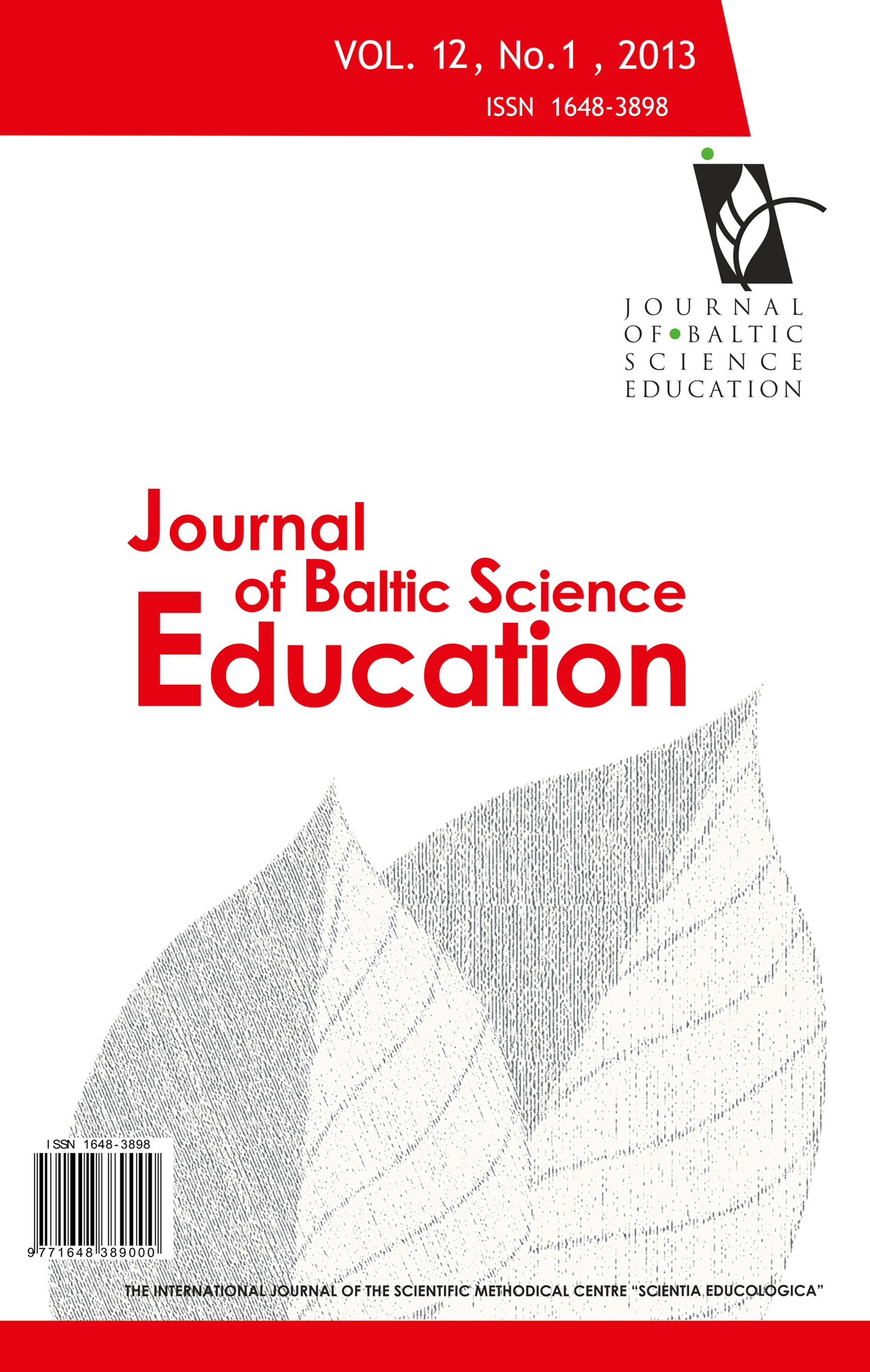THE RELATIONSHIP BETWEEN SELF-EFFICACY, SELF-REGULATED LEARNING STRATEGIES AND ACHIEVEMENT: A PATH MODEL
THE RELATIONSHIP BETWEEN SELF-EFFICACY, SELF-REGULATED LEARNING STRATEGIES AND ACHIEVEMENT: A PATH MODEL
Author(s): Özlem Sadi, Miray UyarSubject(s): Social Sciences, Education, Pedagogy
Published by: Scientia Socialis, UAB
Keywords: biology achievement; resource management strategies; self-efficacy; self-regulated learning strategies;
Summary/Abstract: This structural equation modeling study aimed to investigate both direct and indirect relationships among self-efficacy for learning and performance, cognitive self-regulated learning strategies (CSR), metacognitive self-regulated learning strategies (MSR), time and study environmental management strategies (TSEM), effort regulation strategies and biology achievement of Turkish high schools students. Results of a path analysis showed that students who have high self-efficacy, MSR, TSEM and organizational strategies to complete a task in the face of difficulties can become successful in biology. Also, the findings were found that higher levels of self-efficacy directly associated with CSR, MSR, TSEM and effort regulation strategies. Moreover, mediator analyses explained several mediator effects between these variables that are discussed with the importance of motivational and learning strategies in achievement.
Journal: Journal of Baltic Science Education
- Issue Year: 12/2013
- Issue No: 1
- Page Range: 21-33
- Page Count: 13
- Language: English

